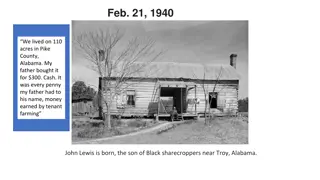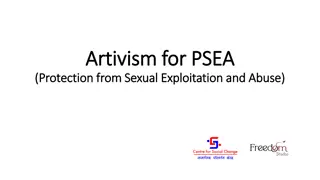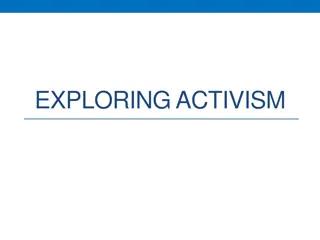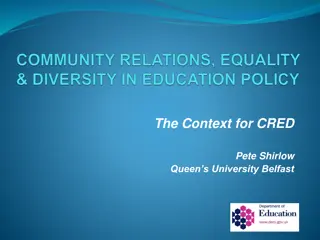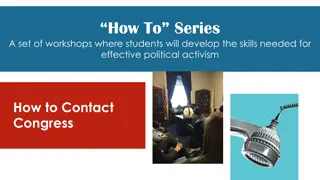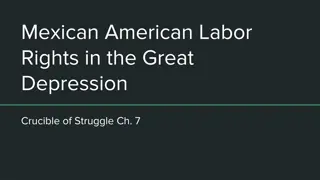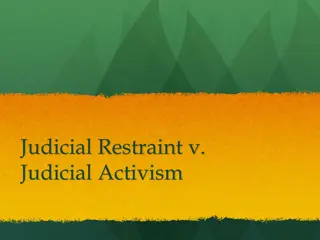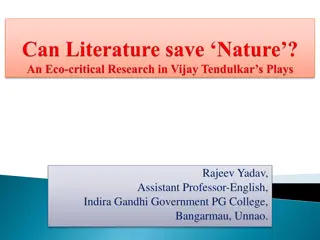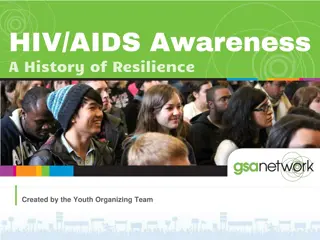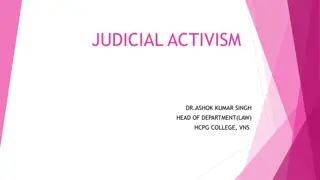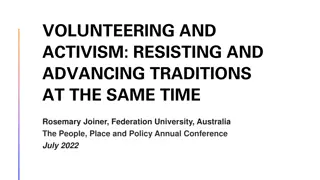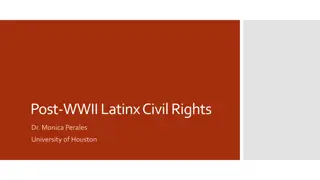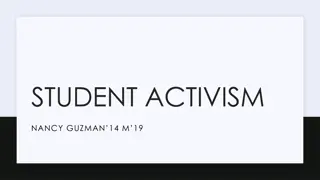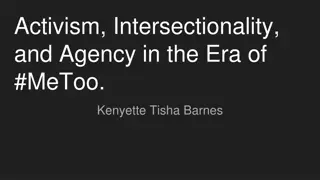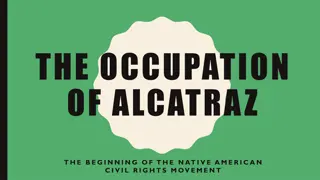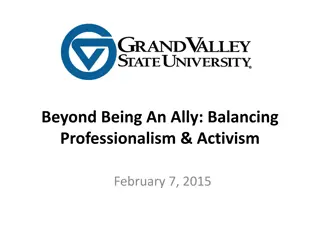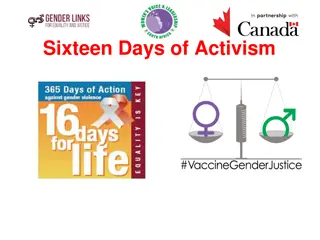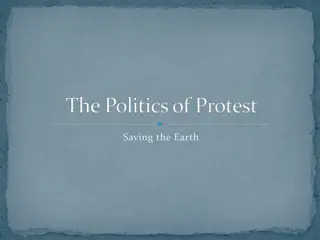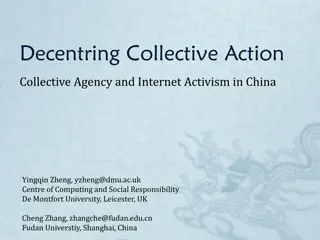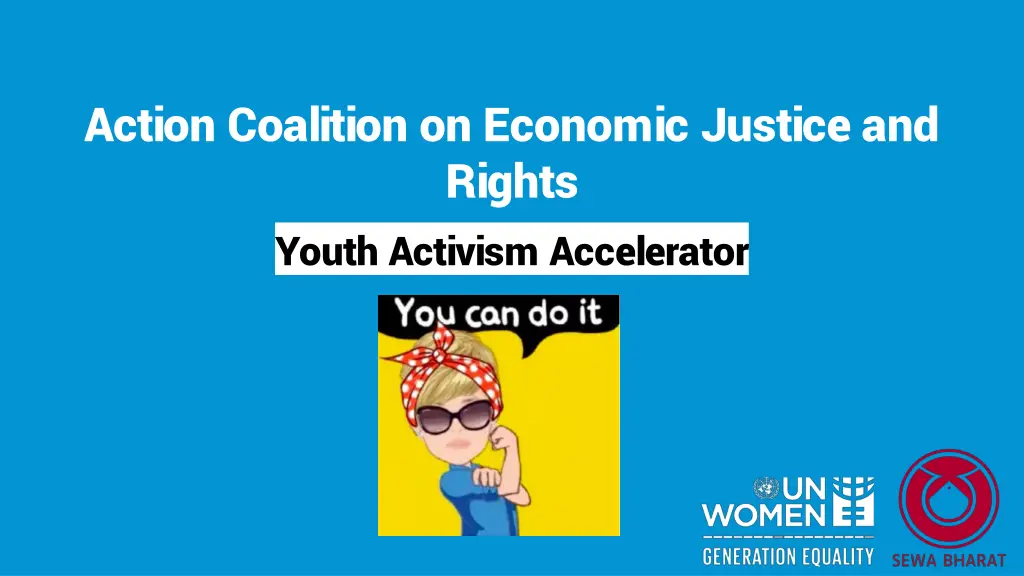
Economic Justice and Rights: Action Points for Women Empowerment
Explore key action points of the Action Coalition on Economic Justice and Rights focusing on women's empowerment through initiatives like increasing access to decent work, control over resources, and reducing poverty levels by 2026.
Download Presentation

Please find below an Image/Link to download the presentation.
The content on the website is provided AS IS for your information and personal use only. It may not be sold, licensed, or shared on other websites without obtaining consent from the author. If you encounter any issues during the download, it is possible that the publisher has removed the file from their server.
You are allowed to download the files provided on this website for personal or commercial use, subject to the condition that they are used lawfully. All files are the property of their respective owners.
The content on the website is provided AS IS for your information and personal use only. It may not be sold, licensed, or shared on other websites without obtaining consent from the author.
E N D
Presentation Transcript
Action Coalition on Economic Justice and Rights Youth Activism Accelerator
What is economic justice? Economic justice and rights refer to how economic and political systems are designed, how their benefits or costs are distributed, and how institutions are held accountable for the economic outcomes they generate. This theme encompasses the full spectrum of paid and unpaid labor and women s access to and control over productive resources and economic opportunities, and addresses macro and microeconomic factors that reinforce gender inequalities, and how women and girls often lack the rights and access to economic opportunities.
Key Action Points of EJR Coalition Action 1 -By 2026, increase the number of countries with a comprehensive set of measures including through investments in gender- responsive public and private quality care services, law and policy reforms and the creation of up to 80 million decent care jobs to recognize, reduce and redistribute unpaid care workand reward and represent care workers, while guaranteeing their labour rights. Action 2 -Create an enabling legal and policy environment and engage women to expand decent workin the formal and informal economy to reduce the number of working women living in poverty by 2026. Action 3 -Expand women s access to and control over productive resources through increasing access to and control over land, gender-responsive financial products and services, and the number of firms owned by women by 2026. In doing so, Secure access to ownership and control over land and housing is increased for 7 million women; The gender gap in women s financial inclusion is reduced to 6% by increasing both formal and informal financial inclusion; The number of women's economic empowerment national programs integrating digital financial services and participation through gender-responsive platforms is increased by at least 50%; The number of firms owned by women is increased by 25%. Action 4 -Design and implement gender-responsive macro-economic plans, budget reforms and stimulus packages so that the number of women and girls living in poverty is reduced by 85 million including through quality public social protection floors and systems by 2026.
Poll: Which Action you would like to begin working upon in your region? Open Menti.com Input access code: 3995 1523
IDEATE for ACTION II: "Create an enabling legal and policy environment and engage women to expand decent work in the formal and informal economy to reduce the number of working women living in poverty by 2026."
What is our idea of Decent Work and Employment, which resonates with the younger women today?
Neha Ben is from Delhi, she has studied till 12th grade, currently working grassroot researcher, SEWA Bharat. She had stints working with aari embroidery and mehendi applications. Her association with SEWA continued and she became an aagewan. This greatly enhanced her natural leadership abilities and gave her the confidence to manage people. In the COVID pandemic and subsequent lockdowns, she has been a pillar of strength for the women in her area and helped not just coordinate relief efforts. She is a caregiver to her parents, as well as a mother and wife, but most importantly she is a leader who constantly hustles because the problems faced by the women around her drives her to do more. Neha Jalwania Grassroot Researcher, SEWA Bharat
What is missing in the legal and policy environment of your country and what strategies can be used to create an enabling environment?
MAKAAM MAKAAM, or Mahila Kisan Adhikaar Manch (Forum For Women Farmers' Rights) is a nationwide informal forum of more than 120 individuals and organizations of farming women, of women farmers' collectives, civil society organizations, researchers and activists, drawn from 24 states of India, to secure due recognition and rights of women farmers in India. Patriarchy affects women farmers in several ways Resource ownership, mobility, load of work, access to information and services, gendered farm activities, decision making process among other aspects Thematic areas we have actively engaged with - Identity and Recognition, Land rights, Access to natural resources such as Water, Forest rights, Farm suicide affected households, Agro- ecology, FPOs, Impact of COVID 19
STATUS OF WOMEN IN FARM SUICIDE AFFECTED HOUSEHOLDS Gendered nature of the agrarian crisis but women farmers invisibilised! Increase in men suicides increase women headed households with an additional burden of running the home and the farm, single handedly with little or no access to resources and decision-making process
What does DECENT WORK mean for women farmers from farm suicide affected families? RIGHTS Land rights Widow pensions Violence and harassment faced by families, revenue officials Assistance in marketing produce as markets are patriarchal spaces Subsidized ration supplies REPRESENTATION Lack of the affected women and their experiences in the decision- making process to inform policy No follow up on entitlements received RECOGNITION One time ex gratia compensation difficult to obtain left with onus to prove the suicide, prove farming family No eligibility, no compensation Agricultural laborer, shared croppers etc. left out RESOURCES Current loans not waived, especially by nationalized banks or registered institutions
Major demands put forth by MAKAAM The major demands put forward by Makaam based on the recommendations that came from state level studies were broadly categorized into four categories a) comprehensive policy for recognizing the suicide as a suicide in a farming family and coming up with a detailed data base of women farmers from farmer suicide affected farmers; b) bringing out a relief and rehabilitation package to include compensation, pension and other social security schemes and support for economic rehabilitation; waiving of all the outstanding debts of these families within a time limit; government orders needs to be issued to secure land and property rights for women from these families; c) addressing the old and other pending cases where that have not been supported by government especially for compensation and d) prevention of suicides where measures such as setting up helplines like Kisan Mitra and setting up Mahila Kisan Resource Centres and promoting ecological agriculture are put in place.
Tools and strategies Evidence gathering by way of state studies in 6 states highly affected by farm suicides Engagement with different government officials, departments and mobilizing state and national machinery at various levels. Press conferences, online campaigns, rallies - visibility on the issue National Consultation hosted by MAKAAM and UN Women in January 2020 where women farmers from farm suicide affected households themselves shared their issues and placed their demands
OUTCOMES Maharashtra passed a Government Resolution in 2019 based on MAKAAM s work since 2016 on easing the process of getting the land deed (7/12 document) on the woman s name, priority in social security schemes, education for her children directed at different departments. Maharashtra government in terms of issuing identity cards for women from farmer suicide affected families to access the entitlements; Karnataka giving 'farm widow' pensions and Andhra Pradesh, which has re-opened old pending cases since 2014, of every suicide affected family that was deemed non-eligible for compensation were raised in the consultation which can be followed by other state governments. Mr Belagurki, Chairperson, Karnataka Agriculture Price Commission to specifically deal with the challenge of marketing that women farmers face, especially single women, proposed a mobile procurement mechanism, Fixed deposit suggestions were made for the compensation and the amount of collateral-free institutional loans should be beyond the current ceiling of one lakh rupees and should be increased to 5 lakhs by RBI, so that livestock and other such livelihood sources can also be covered. The issue of a lack of identity cards for women is of utmost importance, according to Dr. Gorhe, Deputy Chairperson, Legislative Council of Maharashtra and Chairperson Stree Adhar Kendra. It was this understanding that prompted the Maharashtra government to issue a common Government Resolution, addressing 9 departments (incl. forest and agriculture) to prioritize the needs of the women farmers in farm suicide families.
Timeline of the campaign Government Resolution passed by Tamil Nadu came out with the first report on the status of women from farmer suicide affected households. National Consultation at New Delhi Maharashtra to make access to land with UN Women rights for women easier, social security benefits 2017-2018 2019-2020 2020 1995 2019 2018 State studies carried out in 6 states to National Crime Records Bureau started recording farmer suicide numbers and this was recognized as a phenomena Consultations held in Nagpur and articulate issues of women from farm Aurangabad supported by the MSCW suicide affected families and place their demands 15
Tools and Resources - - - - Action Coalitions: Global Acceleration Plan Executive Summary Economic Justice and Rights: Action Coalition Grind of Work: Ela Bhatt http://makaam.in/ for policy notes
Key Action Points of EJR Coalition Action 1 -Increase women s economic empowerment by transforming the care economy Action 2 -Create an enabling legal and policy framework to expand decent work and employment in formal and informal economies Action 3 -Increase women s access to and control over productive resources Action 4 -Promote gender transformative economies and economic stimulus, through quality social protection systems
Today, 740 million women globally work in the informal sector, where job insecurity, low earnings and harsh working conditions and hours are prevalent
The gender gap in labor force participation BEFORE COVID-19 has not shifted in 30 years. For three decades it has stagnated at 31 percentage point gap.

